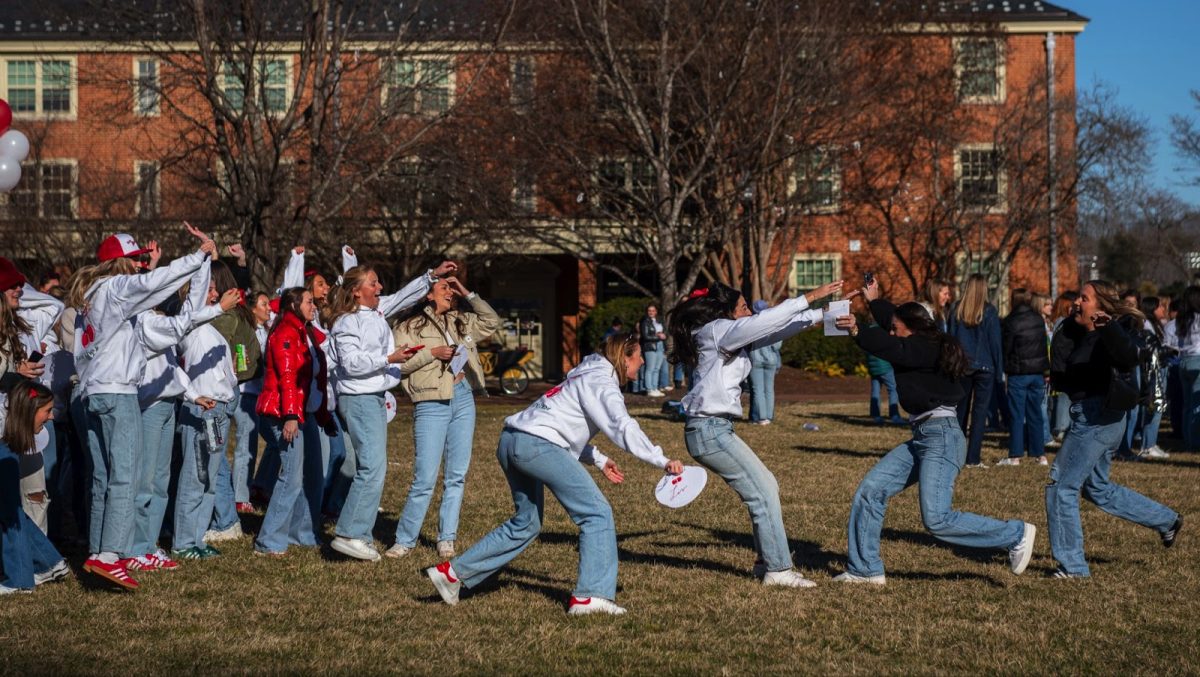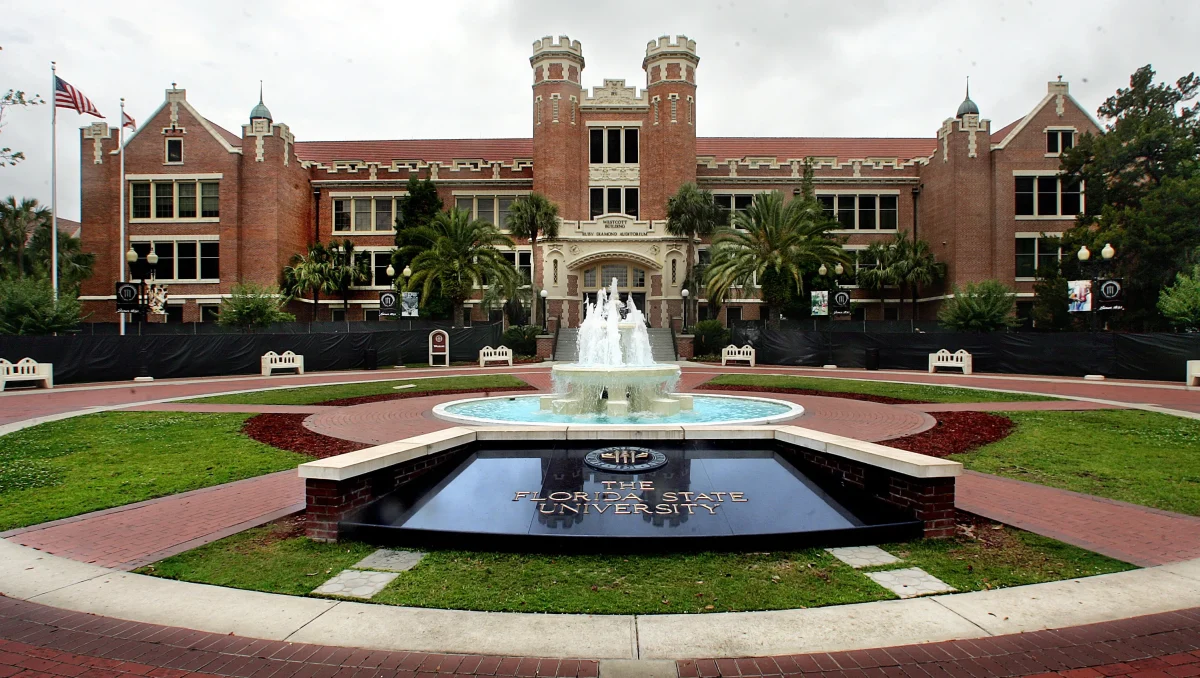As this week marks the advising period for students to meet with their faculty adviser and pick their courses for next semester, many students have been evaluating different majors and minors.
For sophomores, this time is especially critical, as they will all have to declare their major(s) and minor(s) in the spring. Yet they aren’t the only ones exploring new areas of academics. Seniors who have almost completed their major(s) and minor(s) might also be looking for a class or two outside their disciplines to complete their schedule.
As a campus newspaper full of journalism minors, it might seem obvious that we would recommend that students take journalism courses. However, given our society’s current political climate, the growing sense of interconnectedness facilitated through globalization and the ever-increasing presence of fake news, creating a news-literate society in all fields is as important as ever.
No matter one’s major(s), minor(s) or interests, every discipline interacts with the media in some regard. Whether it be following the trends of the stock market and new merging businesses, reading about the newest fashion superstar or learning about a new study that has discovered a cure to a deadly disease, the media serves as a conduit of this information. Learning how this information is collected, reported and delivered is important for someone who is digesting the information. Especially as our world becomes more globalized, knowing the status of the Arab-Israeli-Palestinian crisis, the economic stability of the U.K. and the condition of the U.S.-North Korea relations have the ability to affect the security and wellbeing of Wake Forest students and graduates.
This is especially important as the digitalization of news has created all sorts of new issues for the media. Now more than ever, the public is bombarded with a plethora of information on a daily basis. According to a study by Jeffrey Gottfried and Elisa Shearer published by Pew Research in 2016, 62 percent of U.S. adults get their news on social media, with the highest reported sites being Reddit, Facebook and Twitter. On the surface, this might look like a positive, since the public is educating themselves on the things going on around them. However, Craig Silverman countered this idea after showing that the most popular fake news stories were more widely shared on Facebook than popular mainstream news stories.
Having the tools and capability to sort through this information effectively and understand the practice of journalism and the media is critical for maintaining a political democracy.
In addition to learning the skills to understand the news, we believe there are many practical, interpersonal and communicative skills that students learn from these courses. Being forced to engage in interviews with students, faculty and administrators and community members from different economic, political and social backgrounds helps develop one’s capacity to think on the fly and hold a conversation with diverse groups of individuals. Hosting interviews also helps better one’s ability to ask questions — and ask the right questions. But even more important than asking the right questions is developing a knack for truly listening — a skill that journalism courses cultivate expertly.
Lastly, having the ability to synthesize the information into a coherent, fair and unbiased story is an invaluable tool to improve one’s writing portfolio. Overall, no matter one’s interest, the journalistic skills one can learn from even just one class can help one’s future in whatever path they pursue.










